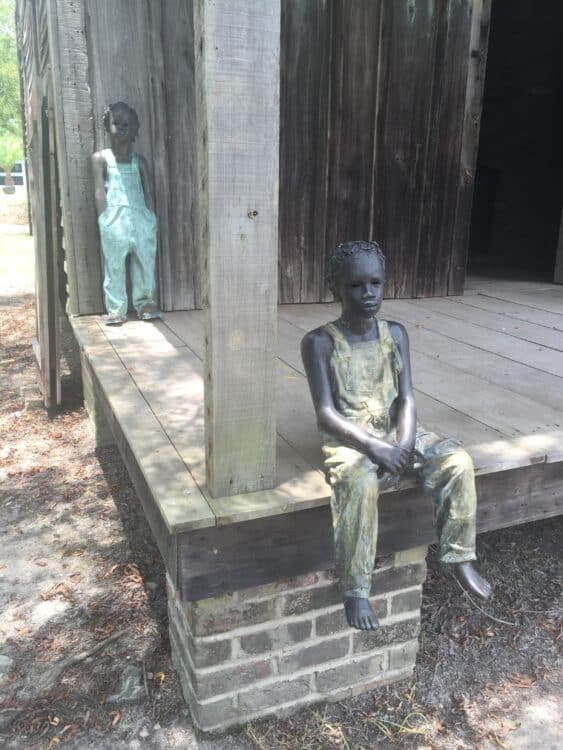Writing the History of Neoliberalism
15 Jan 2019|David Priestland
- Research
![Ronald_Reagan_televised_address_from_the_Oval_Office,_outlining_plan_for_Tax_Reduction_Legislation_July_1981 Ronald Reagan televised address from the Oval Office, outlining plan for Tax Reduction Legislation July, 1981 - White House Photo Office; Originally uploaded to Wikipedia by Happyme22 [Public domain], via Wikimedia Commons](/asset/Ronald_Reagan_televised_address_from_the_Oval_Office_outlining_plan_for_Tax_Reduction_Legislation_July_1981-smartphone.jpg)
I sometimes feel I have spent my academic career as an obituarist, writing historical accounts of failed political and economic systems. I did my early research on Stalinism and Terror in the 1930s in the dying days of the USSR, and spent the year 1987-8 as a graduate student at Moscow State University. And while it was clear from the food queues that things were not going well I – like most other people – didn’t predict the system would completely collapse within three years. Then twenty years later, as I was writing the epilogue to a global history of communism to mark the anniversary of the fall of the Berlin Wall, the financial crisis struck, and I had rather hurriedly to rethink my ideas of the future of capitalism, and whether socialism – then deeply unfashionable – might revive. That’s one reason why I decided to work on the history of market liberalism, or ‘neoliberalism’, in Central and Eastern Europe – and now I am writing a history of neoliberalism as a global phenomenon between the 1970s and 2008.
Ten years ago, ‘neoliberalism’ was a term largely confined to academia, but today you’ll find it everywhere (or at least on the Guardian op.ed. pages). Yet to use it is to invite criticism and controversy, largely because it’s become caught up with rows over the record of the so-called ‘third way’ left of the 1990s and 2000s – Blair, Clinton, Obama, Gerhard Schröder – in promoting markets, big finance, and competition in all areas of life (including, in the UK, universities, as seen in league tables, the REF and student fees). Were these leaders, as the Corbyn/Bernie Sanders left argue, just ‘soft’ neoliberals – nicer versions of Thatcher and Reagan; or were they genuinely creating a more viable form of Social Democracy as they claimed?
Yet academics also worry, reasonably, that the term is too broad to be useful. For the novelty of neoliberalism as an ideology lay in its call to ‘roll back’ the state in some areas, while also using it to promote market-style organisation in society as a whole; indeed the term was first used in the 1930s to distinguish this ‘new’ market liberalism from a more thorough-going nineteenth-century laissez-faire. ‘Neoliberalism’ can therefore refer to very different ideas and policies – some more libertarian and hostile to state involvement (seen for instance in Chicago economist Milton Friedman’s thinking), others more accepting of state involvement (e.g. the ‘Ordoliberals’ of post-war Germany). Also the term can be used to refer not only to pro-market ideas and policies but also to the much wider cultural changes brought by market thinking – such as the ways in which many of us now feel pressure to become ‘entrepreneurs of the self’ (to use the term popularised by the French philosopher Michel Foucault), treating ourselves as if we were mini-businesses, ‘investing’ in ourselves (by buying educations, doing courses), working hard to compete with other individuals or institutions, ‘branding’ ourselves and ‘advertising’ our work on social media, conferences etc.
Nevertheless, I’d defend the term precisely because it’s so broad and can refer to political and economic ideas, government policies, cultural values and practices (as long as people are clear what they are referring to). And it is particularly useful for a historian like me, who is interested in exploring the relationship between politics, economics and culture, and how they have interacted and changed over time. So questions I am interested in include: how and how far did neoliberal ideas and values, in their many varieties, establish themselves different societies, how did they change, and how did they relate to other ideas – for instance nationalist or religious ideologies, which are often connected with neoliberalism (Thatcher herself saw her ideas as rooted in her father’s Methodism and ‘Victorian values’).
I’ve been trying to answer these questions in the region I have some expertise in, comparing Russia in the 1990s – where the neoliberal project was always unpopular – and Central European countries such as the Czech Republic, where the Thatcher-admired Vaclav Klaus led a popular neoliberal party. But I also have a British Academy grant for research assistance in some Asia countries – Turkey, India and Egypt, where some neoliberal ideas are promoted by religious and religious nationalist parties, and China, where the Communist Party has tried to relate neoliberal ideas with aspects of Confucianism. And my sources are the rather eclectic ones used by cultural historians – speeches and articles by politicians and economists, discussions in the press, popular journalism and literature – including business and consumer magazines, TV and film, which can give insights into popular values.
My work, then, is relevant to one of the big questions which many are asking today: will neoliberalism come to an end, just as communism did 30 years ago? Or are its political supporters, values and practices so well-established that it will survive any number of financial crises, challenges from left and (far-) right, and climatic disasters? Historians, of course, can’t predict the future, but they can help to explain a turbulent and disturbing present.
Read more on our blog
Category: Research
Author

David
Priestland
David Priestland is a Fellow in History in the College, and a professor in the Faculty. He has published widely on the history of global communism and of the Soviet Union, and more recently on the history of market liberalism since the 1970s. His books include The Red Flag: A History of Communism (2009); Stalinism and the Politics of Mobilization (2007). His most recent book is Merchant, Soldier, Sage: A New History of Power (2012).

